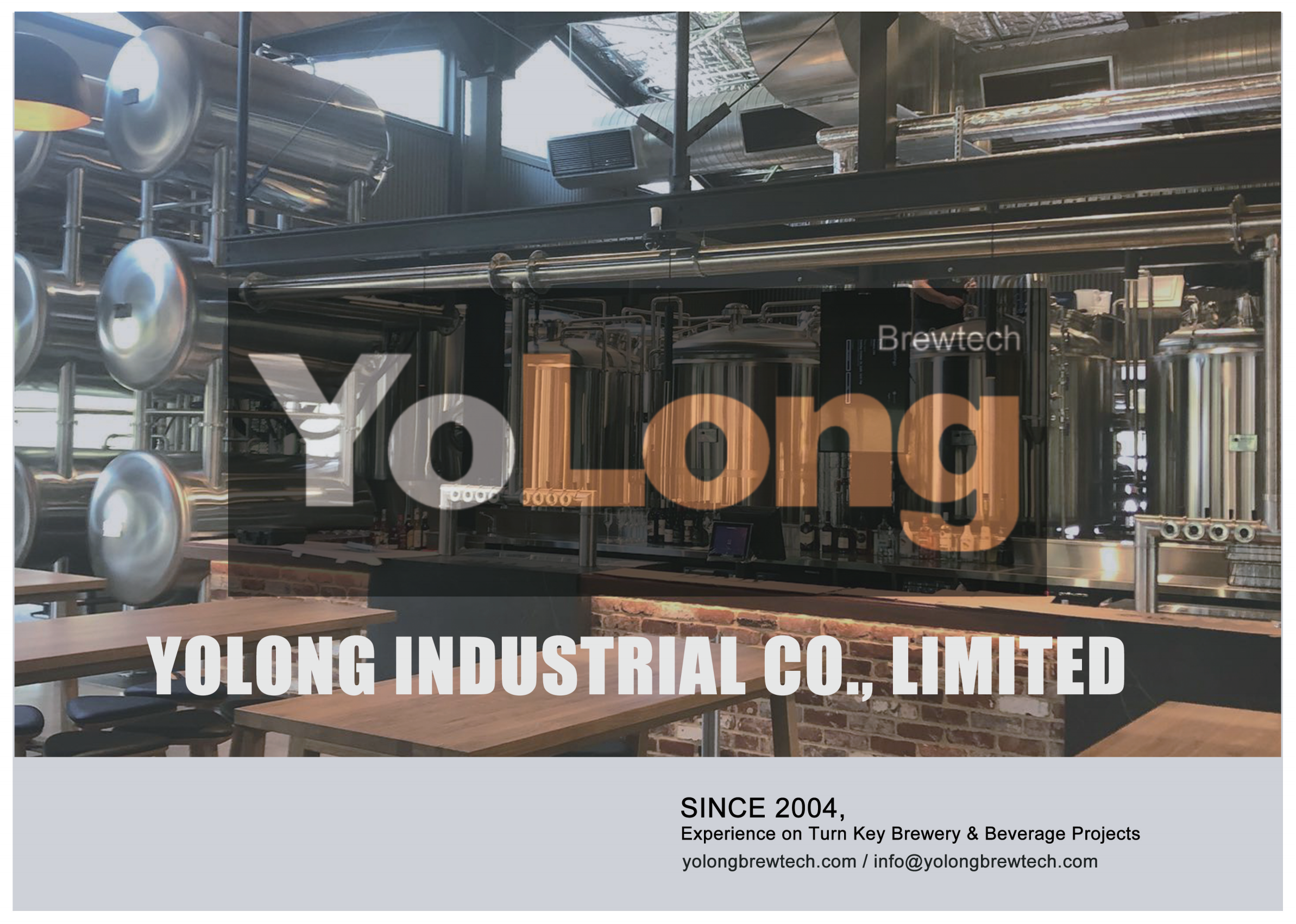Best Stainless Steel Fermenter Guide in 2025
Overview of Stainless Steel Fermenters
Stainless steel fermenters are the gold standard for both homebrewers and commercial brewers. They’re durable, easy to clean, and resistant to scratches, odors, and stains. Unlike plastic fermenters, they don’t absorb flavors or harbor bacteria, making them a hygienic choice for fermentation. Plus, they’re built to last, often outliving their plastic counterparts by decades.
But it’s not just about durability. Stainless steel fermenters offer precise temperature control, airtight seals, and modular designs that can be customized with accessories like spunding valves, thermowells, and pressure kits. Whether you’re a beginner or a seasoned pro, investing in a stainless steel fermenter can elevate your brewing game to the next level.

The Use and Advantages of Stainless Steel Fermentation Tanks
1. Durability That Lasts a Lifetime
Stainless steel is incredibly tough. It doesn’t crack, warp, or degrade over time, even with frequent use. Unlike plastic, which can scratch and harbor bacteria, stainless steel remains smooth and easy to clean, ensuring your fermenter stays in top condition for years.
2. Superior Hygiene
Stainless steel is non-porous, meaning it doesn’t absorb flavors, odors, or bacteria. This makes it ideal for fermentation, where cleanliness is crucial. You won’t have to worry about off-flavors or contamination ruining your batch.
3. Temperature Control
Many stainless steel fermenters are designed with double walls or insulation, allowing for better temperature control. This is especially important for lagers and other styles that require precise fermentation temperatures.
4. Airtight Seals
Stainless steel fermenters often come with airtight seals, which are essential for preventing oxidation and contamination. Some models even support pressurized fermentation, giving you the flexibility to carbonate your beer directly in the fermenter.
5. Modular and Customizable
From thermowells to spunding valves, stainless steel fermenters can be outfitted with a variety of accessories to suit your brewing needs. This modularity makes them a versatile choice for brewers of all levels.
Why Choose a Stainless Steel Fermenter?
If you’re still on the fence about whether to go stainless, let’s put it this way: imagine driving a beat-up old car versus a sleek, modern vehicle. Sure, the old car might get you from point A to point B, but the new one offers better performance, comfort, and reliability. That’s the difference between plastic and stainless steel fermenters.
Stainless steel fermenters are an investment, but they pay off in the long run. They’re easier to clean, more durable, and offer better results. Plus, they look great in your brewing setup. Who doesn’t want a shiny, professional-looking fermenter sitting in their garage or brewery?
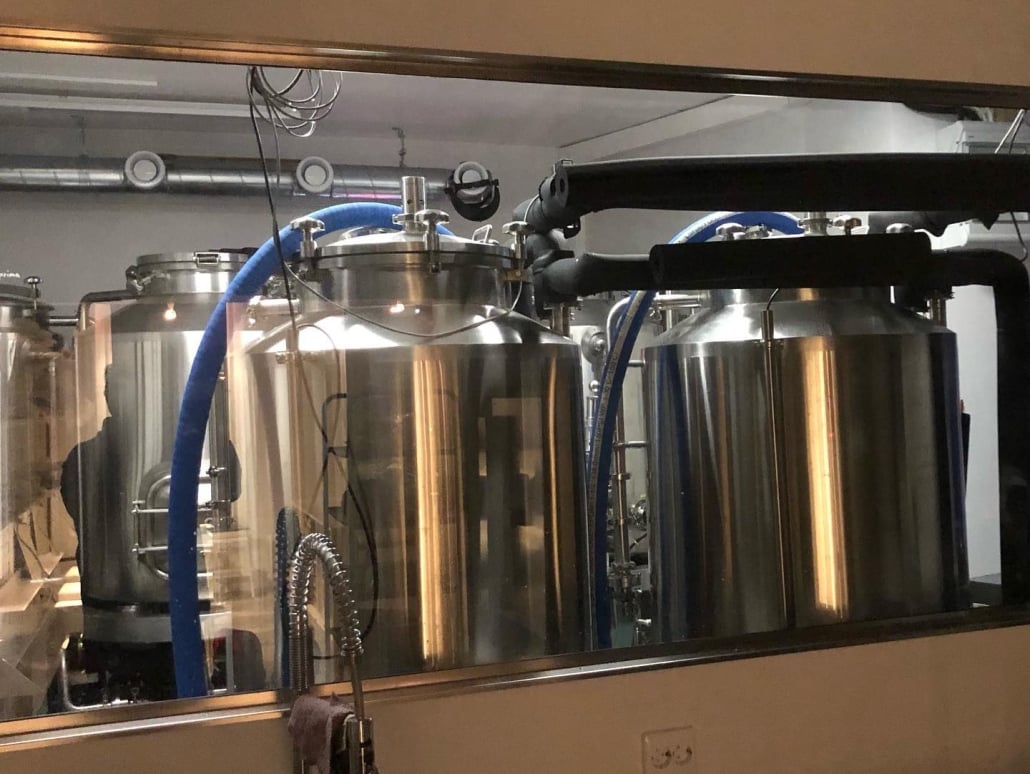
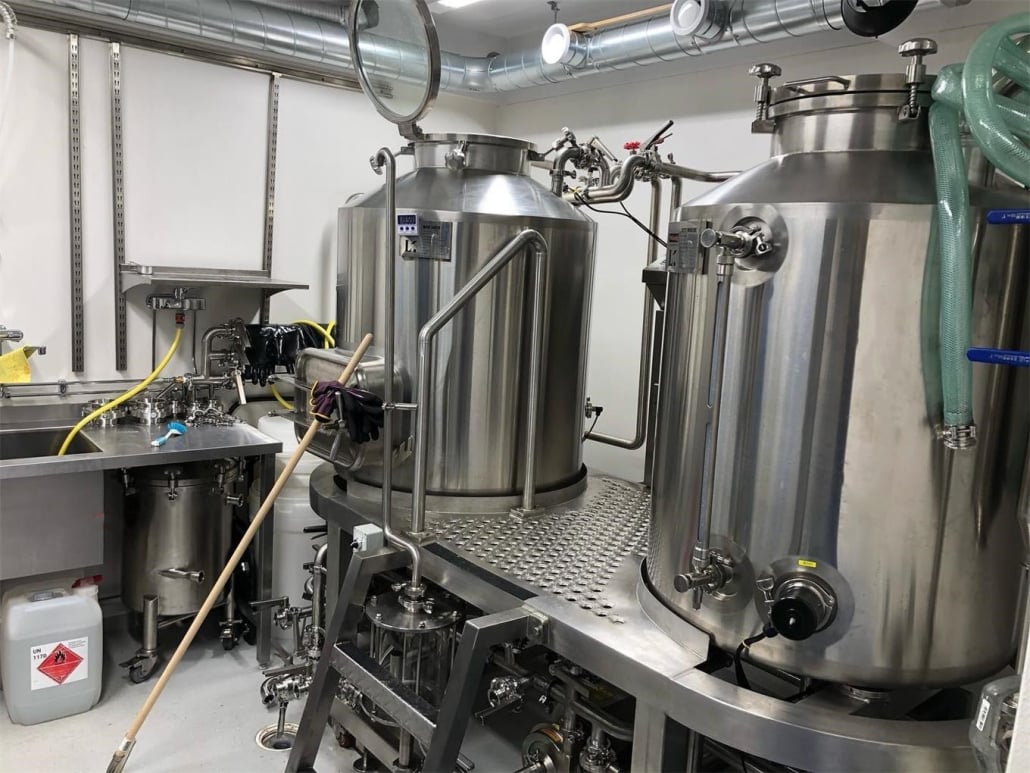
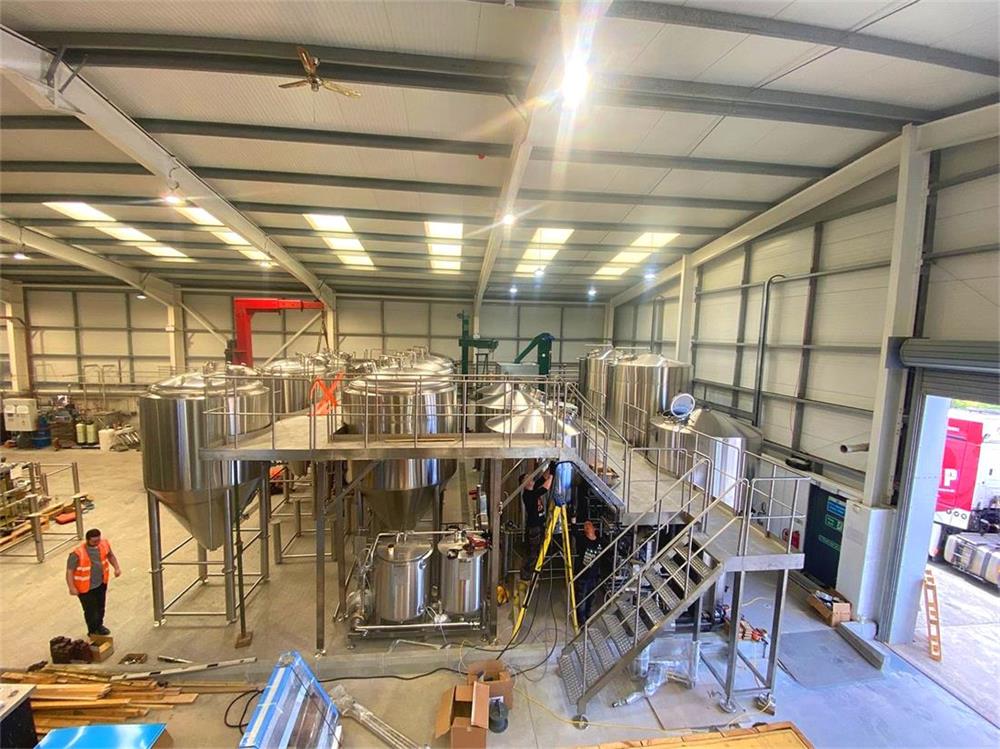
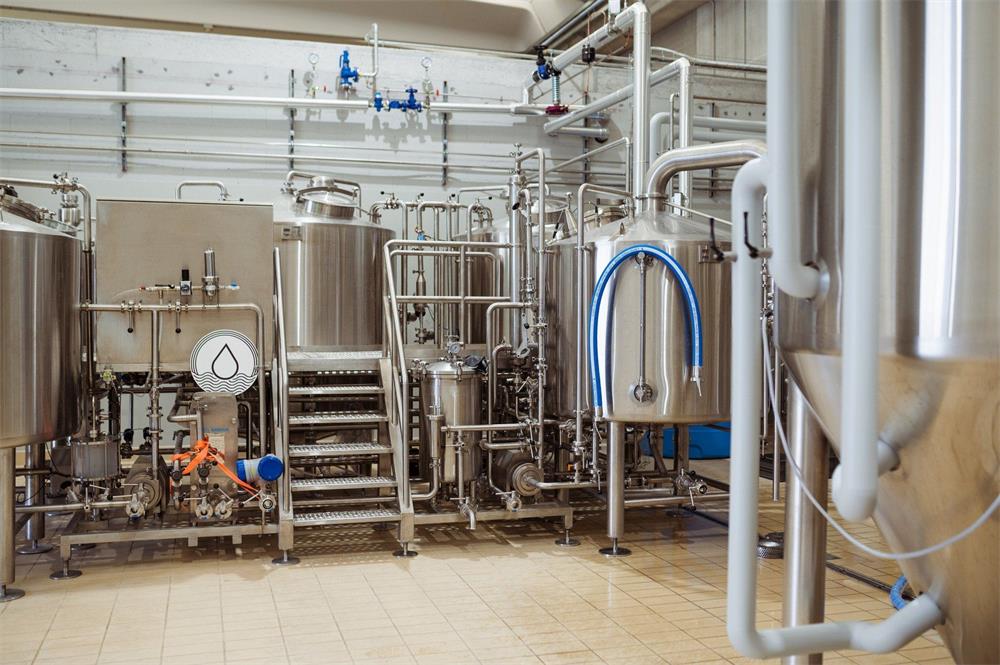


Top 5 Best Stainless Steel Fermenters in 2025
Here’s a rundown of the best stainless steel fermenters on the market in 2025. These models have been chosen based on their features, durability, and user reviews.
| Product | Key Features | Price Range |
|---|---|---|
| SS Brewtech Unitank | Pressure-capable, conical bottom, thermowell, customizable accessories | $500-$800 |
| Spike Flex+ | Modular design, tri-clamp fittings, optional cooling coil, pressure kit | $600-$900 |
| Anvil Stainless Fermenter | Affordable, durable, includes spigot and airlock, easy to clean | $200-$300 |
| Blichmann Fermenator | Conical design, large capacity, built-in thermometer, sturdy construction | $700-$1000 |
| Kegland FermZilla | Compact, pressure-rated, transparent PET lid for monitoring fermentation | $150-$250 |
How to Choose the Right Stainless Steel Fermenter?
Choosing the right fermenter depends on your brewing needs, budget, and space. Here’s a handy table to help you decide:
| Factor | Considerations |
|---|---|
| Capacity | How much do you brew at once? Choose a size that matches your batch size. |
| Budget | Stainless steel fermenters range from $150 to $1000. Set a budget and stick to it. |
| Features | Do you need pressure fermentation, temperature control, or modular accessories? |
| Space | Measure your brewing area to ensure the fermenter fits comfortably. |
| Ease of Cleaning | Look for wide openings and smooth surfaces for easy cleaning. |

Comparison: Stainless Steel vs. Plastic Fermenters
Still unsure whether stainless steel is worth the investment? Let’s compare it to plastic fermenters.
| Feature | Stainless Steel Fermenter | Plastic Fermenter |
|---|---|---|
| Durability | Lasts decades; resistant to scratches and cracks | Prone to scratches and cracks over time |
| Hygiene | Non-porous; easy to clean and sanitize | Porous; can harbor bacteria and odors |
| Temperature Control | Better insulation and control options | Limited temperature control |
| Airtight Seal | Often comes with airtight seals | Seals may degrade over time |
| Cost | Higher upfront cost | More affordable upfront |
FAQ
Got questions? We’ve got answers. Here’s a quick FAQ to address common queries about stainless steel fermenters.
| Question | Answer |
|---|---|
| Are stainless steel fermenters worth the cost? | Absolutely. They’re durable, hygienic, and offer better results. |
| Can I use a stainless steel fermenter for wine? | Yes, they’re great for wine, beer, kombucha, and more. |
| How do I clean a stainless steel fermenter? | Use warm water, mild detergent, and a soft cloth. Avoid abrasive scrubbers. |
| Do I need accessories for my fermenter? | It depends on your brewing style, but accessories can enhance functionality. |
| Can I ferment under pressure in a stainless steel fermenter? | Yes, many models support pressurized fermentation. |
Share this entry
Interested in learning more about Brewing Systems including additional details and pricing information? Please use the form below to contact us!
YOLONG BREWERY EQUIPMENT FAQS
- Commercial Brewery / Craft Brewery / Microbrewery / Nanobrewery
- What is The Difference Between Craft Beer and Industrial Beer?
- The Bespoke Differences In Custom Brewing Systems
- Everything You Need to Know About Kettle Souring
- How to Choose Brewing Equipment for Your business?
- How To Choose The-Best Partner To Build Your Commercial Microbrewing System?
- Two Detection Sensors That You Need To Use In Your Brewhouse System
- Remote Control Applications in Brewing Equipment/How does it work?
- How To Clean Your Brand New Brewery Tanks?

